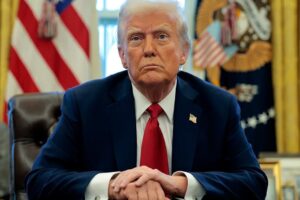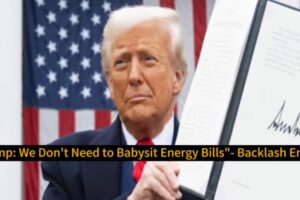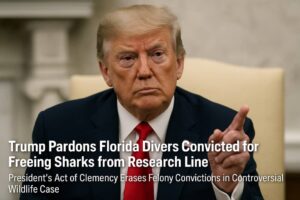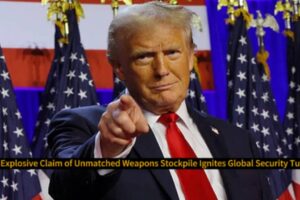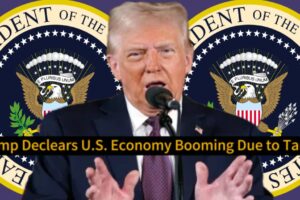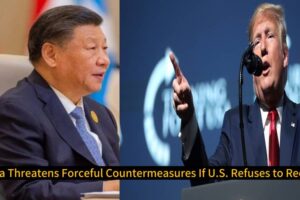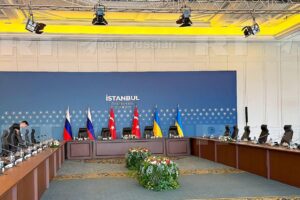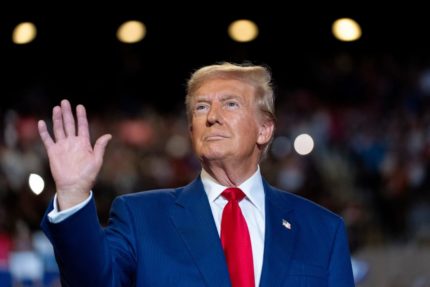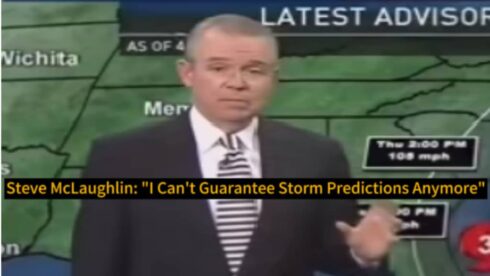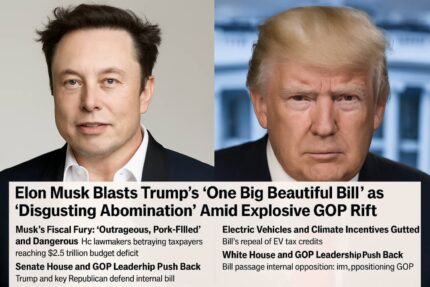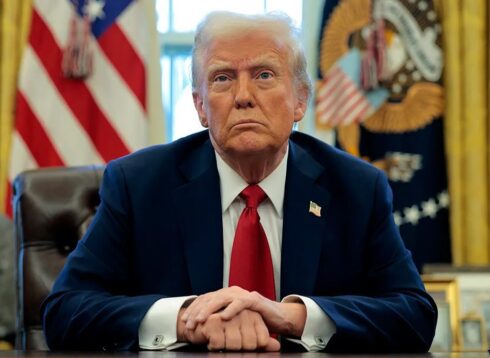In his first major rally since winning the presidency on November 5, President-elect Donald Trump suggested that the United States could attempt to regain control of the Panama Canal. Trump, addressing a conservative audience at Turning Point USA’s AmericaFest in Arizona, called the 1999 transfer of the canal to Panama a “foolish” decision. He criticized the fees imposed on shippers as “ridiculous” and promised to address the issue during his second term.
“We’re being ripped off at the Panama Canal,” Trump declared. He described the original handover under the 1977 Carter administration as a misguided decision. The canal, a vital conduit linking the Atlantic and Pacific Oceans, has long been a point of national pride for Panama and a critical artery for global trade. Trump’s remarks quickly sparked outrage, with Panamanian President José Raúl Mulino firmly rejecting the suggestion and asserting his country’s sovereignty.
Panama’s Defiant Response to Trump’s Remarks
President Mulino, a conservative populist aligned with Trump on many issues, dismissed the president-elect’s comments as an affront to Panama’s independence. In a video response, Mulino declared, “Every square meter of the canal belongs to Panama and will continue to belong to our country.” He defended the canal’s fee structure, explaining that tariffs are determined by experts based on operational costs and market demand.
Mulino emphasized Panama’s significant investment in expanding the canal to accommodate increased ship traffic, asserting that fee adjustments were necessary to fund ongoing improvements. “Panamanians may have different views on many issues,” Mulino said. “But when it comes to our canal, and our sovereignty, we will all unite under our Panamanian flag.” Trump later escalated tensions by posting a photo of the canal with the phrase, “Welcome to the United States Canal!”
Trump’s Rally Highlights and Conservative Unity
Trump’s remarks at AmericaFest extended beyond the Panama Canal controversy. He used the rally to celebrate his return to power and present his vision for America’s future. “The Golden Age of America is upon us,” Trump proclaimed, vowing to deliver economic growth, secure borders, and resolve conflicts in the Middle East and Ukraine.
The rally, attended by over 20,000 activists, showcased a unified Republican Party despite recent clashes in Washington over budget negotiations. Trump refrained from addressing the budget fight but acknowledged the growing influence of Elon Musk, dismissing suggestions that Musk’s sway threatened his authority. He also announced key appointments to his administration, including Stephen Miran to lead the Council of Economic Advisers and Callista Gingrich as U.S. ambassador to Switzerland.
Historical Context of the Panama Canal
The Panama Canal, a 51-mile engineering marvel connecting the Atlantic and Pacific Oceans, has been a critical global trade route since its completion in the early 1900s. Originally controlled by the United States, the canal was gradually handed back to Panama under the 1977 Torrijos-Carter Treaties, culminating in Panama assuming full control in 1999.
Today, the canal accommodates around 14,000 ships annually, transporting vital goods such as natural gas, cars, and military equipment. Trump’s demand to regain control would not only upend decades of diplomatic agreements but also challenge Panama’s hard-won sovereignty over the canal zone.
Potential Implications for U.S. Foreign Policy
Trump’s rhetoric about the Panama Canal marks a rare instance of a U.S. leader suggesting the reclamation of foreign territory, raising concerns about potential shifts in American foreign policy. His approach could strain U.S.-Panama relations, particularly as Panama has relied heavily on the canal for economic growth and international standing.
Analysts warn that Donald’s threats, if pursued, could lead to significant geopolitical tensions in Central America and beyond. As Trump prepares to take office, his unconventional diplomatic style will undoubtedly be tested on the global stage, with the Panama Canal dispute serving as a potential litmus test for his administration’s foreign policy priorities.



